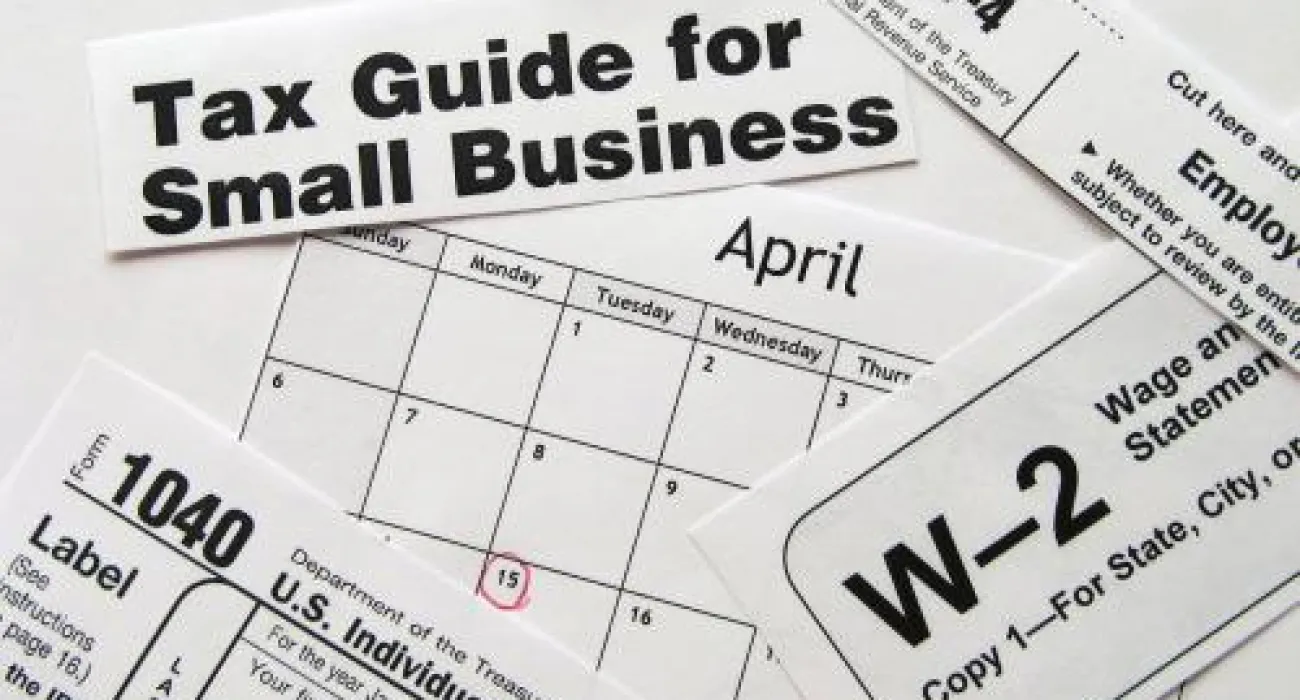Part of putting together an effective tax management strategy is gaining an understanding of what you can and cannot deduct from your tax return. I see business owners that make mistakes every single day. Every CPA or accountant seems to have a slightly different slant on the tax code, but here are a few that may be able to help you increase your bottom line as you grow your business.
- Wrong Entity Structure - If you are getting into business for the first time, it's really important to sit down with someone qualified to discuss entity structure. The reality is that you can set up your business as a sole proprietor, partnership, limited liability Corporation, S-Corporation, C-Corporation, or having multiple structures depending on how many businesses and whether real estate you own will be involved with the business. Since these entities all work slightly different, a huge tax mistake I see owners make is having the wrong structure for the business.
- Not Fully Understanding The Automobile Deductions -Part of the problem here is that there are many ways to calculate deductions for business use of a car. Here are some brief guidelines that can help you:
- I'm not generally a big fan of your business owning a car although people have varying views on this. You can think about expense reimbursing yourself for the car payments just like a car allowance if you worked for a larger employer.
- You can take a standard mileage deduction per business mile, or you can take a deduction for actual expenses, including depreciation of the car. But you cannot claim the standard mileage deduction and the depreciation for actual expenses. Be careful about this because sometimes business owners try to take both.
- You can switch between the two methods. However, if you go from standard mileage to actual expenses, you cannot take depreciation using the MACRS (modified accelerated cost recovery system) depreciation system. You have to take a straight-line depreciation, which typically yields a smaller initial deduction.
- If you do go with the car being owned by the corporation, 100% of the costs can be deducted. However, any personal use by an employee has to be included as taxable income to the employee. You should review IRS Publication 917 ("Business Use of a Car") to learn more.
- Missing Out On All Reimbursable Expenses- Often, business owners will use cash when they are on the road or in some purchasing situation rather than using their business credit card. You should have a detailed sheet of all of your cash expenses monthly that were used for business purposed so your company can reimburse you the money. For things like parking, meals and entertainment, or just buying a future prospect a cocktail, you could be losing out on significant money over the course of the year.
- Setting Up The Wrong Retirement Plan- When it comes to setting up the right retirement plan structure, you better be sure you are talking with someone knowledgeable instead of a salesperson telling you what his manager told him. Since there are programs such as SIMPLE's, SEP-IRA's, 401(k)'s (with profit sharing), Solo 401(k)'s, Defined Benefit plans, Cross Tested Solution plan, and much more, making the right decision about your retirement plan can mean big tax savings to you the owner. Not to mention, creating a plan that is designed not to kill the company's bottom line. For some owners, these plans may allow you put away more than $100,000 pre-tax depending on the kind of plan, your age, your employee structure, the company cash flow, and what is ultimately right in your given situation. I see too many of these plans set up by inexperienced people who don't know how to do the correct analysis.
- Knowing The Difference Between An Independent Contractor And An Employee - The IRS is really cracking down now on owners to be very specific about the difference between an employee and an independent contractor. Many business owners like the idea of hiring independent contractors specifically because it is lest cost to the company in terms of payroll tax, unemployment tax, and potentially a litany of benefits offered by the company. However the IRS has some serious litmus testing you need to look at before you call someone an independent contractor. According to the IRS (www.irs.gov), here are some factors you should look at when ascertaining the difference between employee and independent contractor.
Facts that provide evidence of the degree of control and independence fall into three categories:
- Behavioral: Does the company control or have the right to control what the worker does and how the worker does his or her job?
- Financial: Are the business aspects of the worker's job controlled by the payer? (these include things like how worker is paid, whether expenses are reimbursed, who provides tools/supplies, etc.)
- Type of Relationship: Are there written contracts or employee type benefits (i.e. pension plan, insurance, vacation pay, etc.)? Will the relationship continue and is the work performed a key aspect of the business?
As a business owner, most of your time is going to be spent thinking about how to drive top line revenue, decrease expenses, and manage your human capital. You should get someone you trust by your side to help you make these complicated tax decisions to maximize your profit and loss statement and increased your overall balance sheet.
Visit www.oxygenfinancial.net to request a consultation to figure out how to build a tax management strategy that is right for you in 2012.
Written by:
Ted Jenkin, CFP®, AAMS®, AWMA®, CRPC®, CMFC®, CRPS®
Co-CEO and Founder of oXYGen Financial, Inc
Securities and Investment Advisory Services offered through NFP Advisor Services, LLC (NFPAS), Member FINRA/SIPC. Oxygen Financial is not affiliated with NFPAS. NFPAS does not provide tax or legal advice. This site is published for residents of the United States only. Registered Representatives and Investment Advisor Representatives of NFP Advisor Services, LLC (NFPAS) may only conduct business with residents of the states and jurisdictions in which they are properly registered. Therefore, a response to a request for information may be delayed. Not all products and services referenced on this site are available in every state and through every representative or advisor listed. For additional information, please contact NFPAS Compliance Department at 512-697-6000. PLEASE NOTE: The information being provided is strictly as a courtesy. When you link to any of the web sites provided here, you are leaving this web site. NFP Advisor Services, LLC makes no representation as to the completeness or accuracy of information provided at these web sites. Nor is NFP Advisor Services, LLC liable for any direct or indirect technical or system issues or any consequences arising out of your access to or your use of third-party technologies, web sites, information and programs made available through this web site. When you access one of these web sites, you are leaving our web site and assume total responsibility and risk for your use of the web sites you are linking to.




